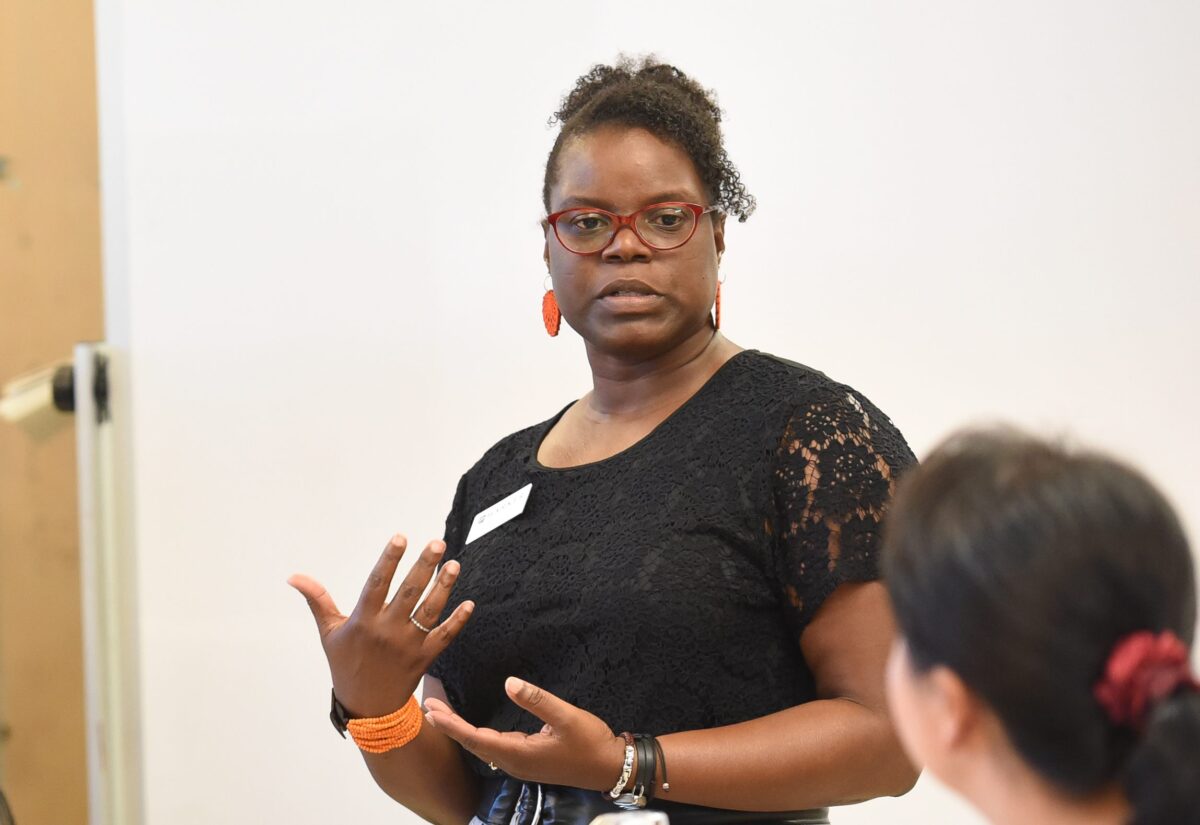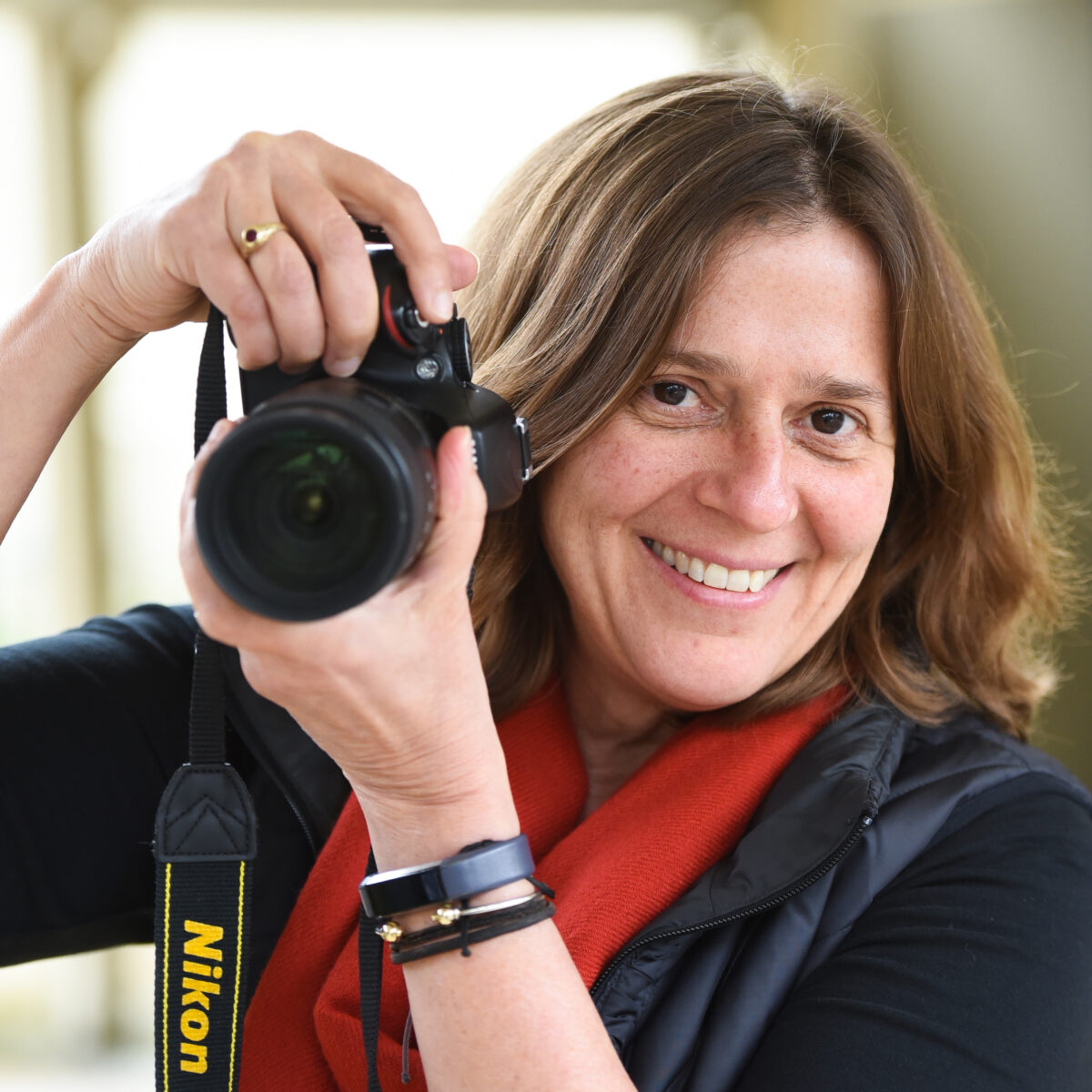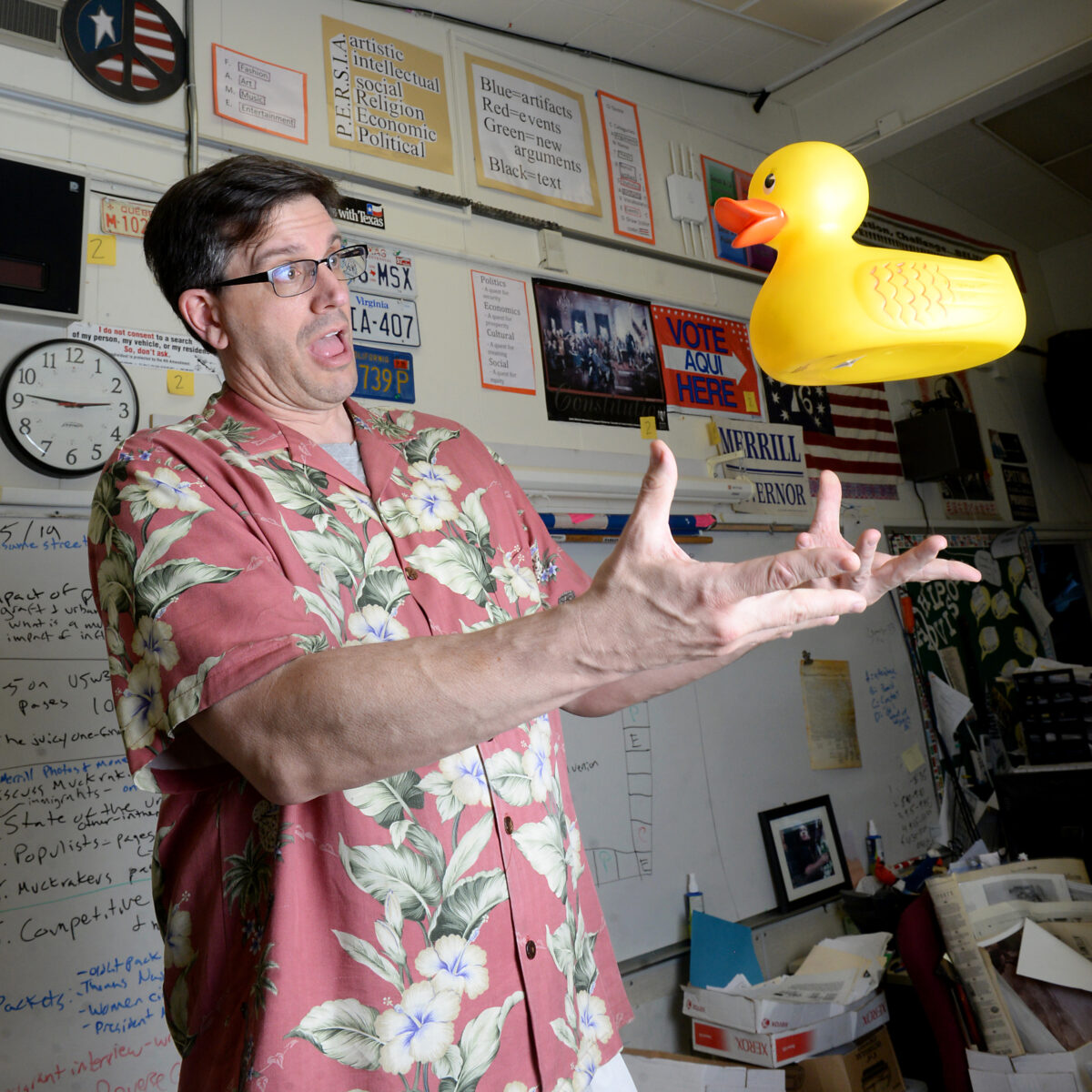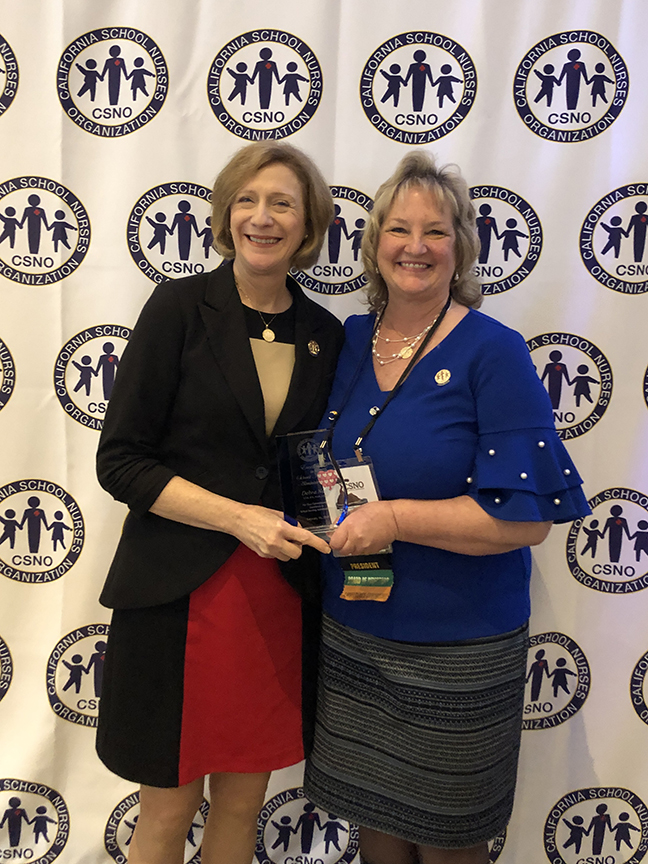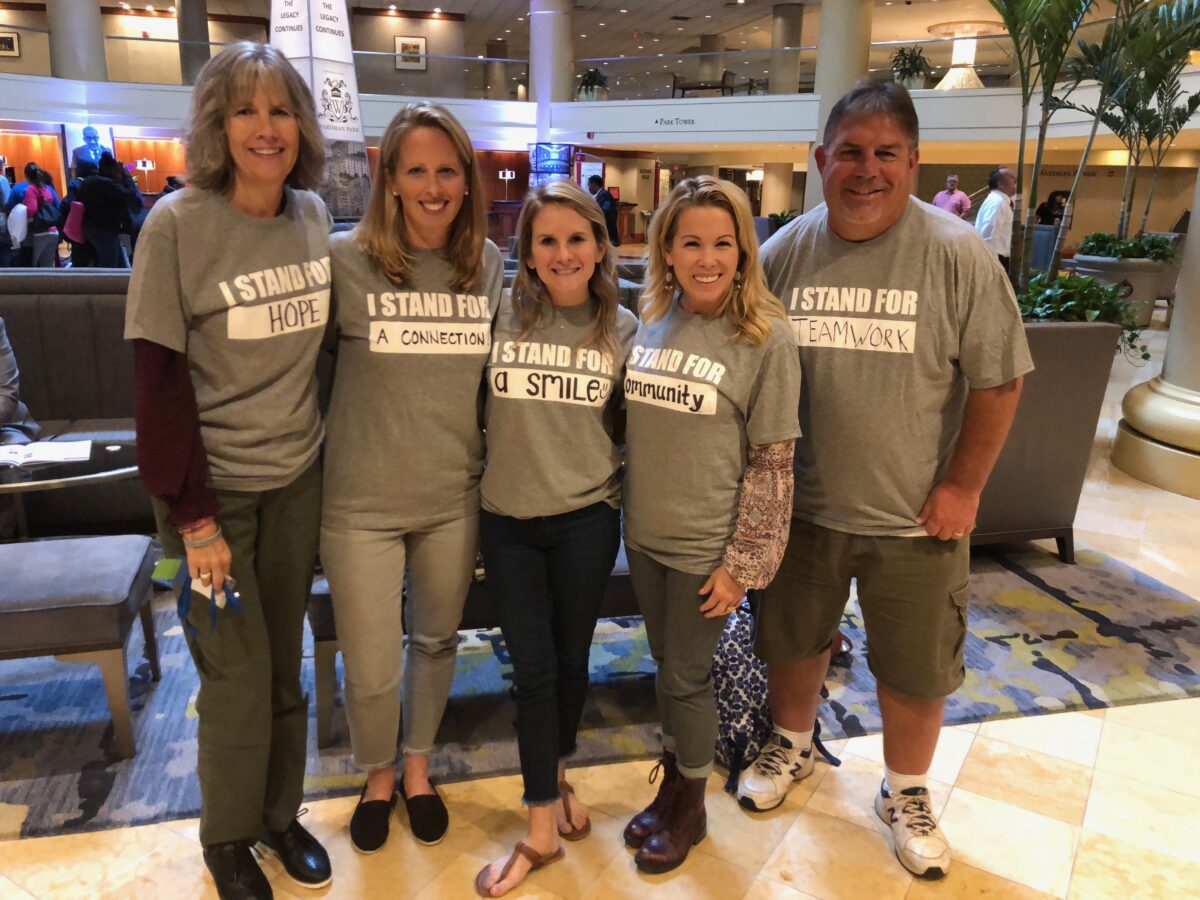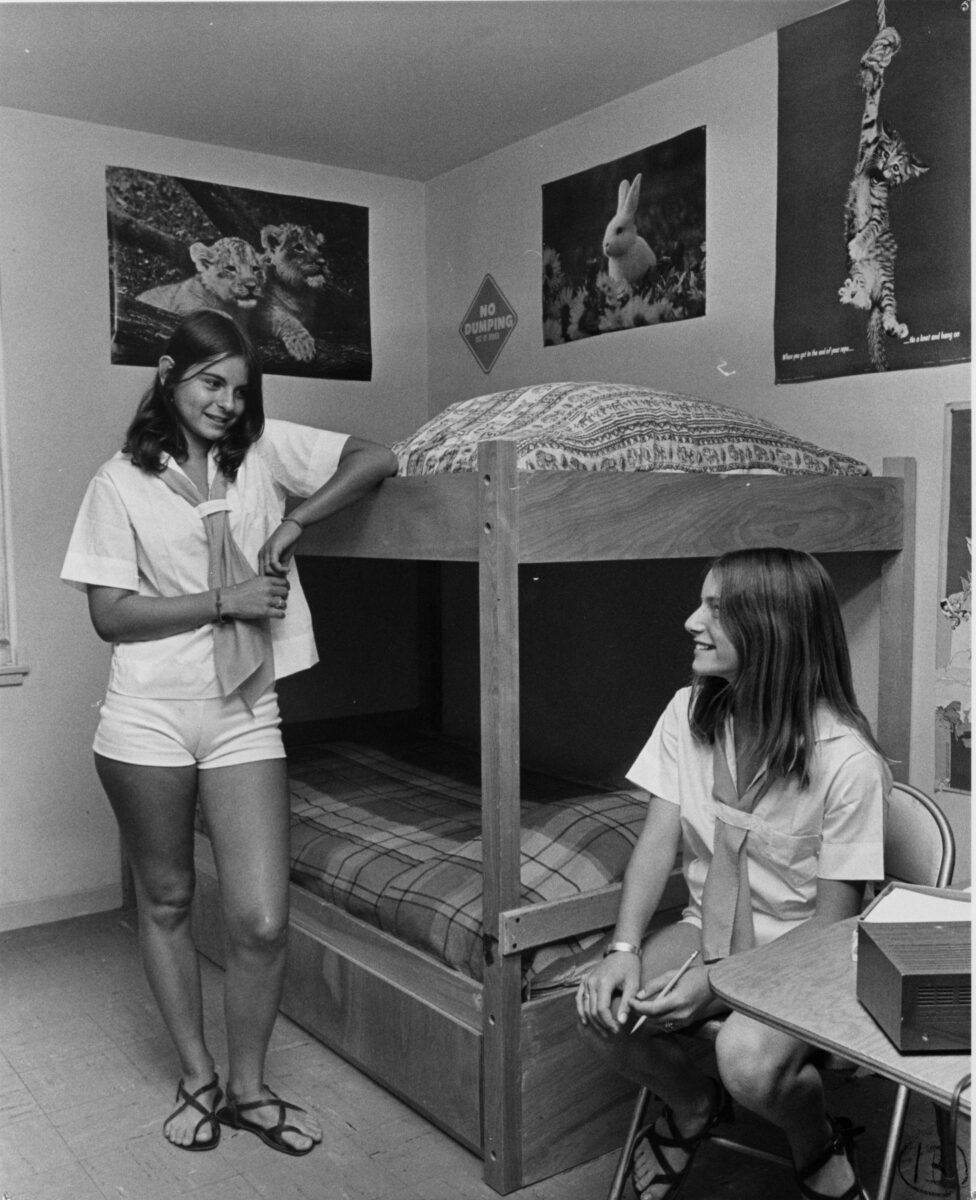At Thursday’s end-of-the-year ceremony, 67 employees were honored at the annual pin presentation for their years of hard work.
Faculty
Middle school LID director among first-ever recipients of CSTA Equity Fellowship
Abigail Joseph, the middle school’s learning, innovation and design (LID) director, was named one of the first-ever recipients of the Computer Science Teachers Association’s Equity Fellowship.
Face Time: Pauline Paskali
Face Time: Walid Fahmy
Face Time: Cyrus Merrill
Face Time: Margaret Huntley
Debra Nott, Harker’s director of nursing, earns statewide award
Vegesna Foundation grants help empower students, expand focus on character and core learning strengths and open up new literary worlds
Each year, a number of Harker teachers are awarded grants to further their teaching skills thanks to the Raju and Bala Vegesna Foundation’s Teacher Excellence Program at Harker and here is the summary of their efforts.
Faculty retreat encourages Harker community to celebrate ‘Earth Day Every Day’
A special Faculty Retreat was held on Feb. 9 to promote sustainability principles and practices among Harker faculty. The event – organized by Harker’s Sustainability Committee – featured talks and activities regarding Harker’s future plans to reduce waste and emissions and what actions can be taken by the entire community.
Home sweet school: Harker boarders reminisce – a Harker Magazine feature
From 1893 to 2002, Harker’s boarding program was integral to its commitment to academic excellence and personal character development. From eating family-style meals and watching TV in the rec room to Bear Valley skiing trips and getting ready for school dances, the shared experiences of Harker boarders had the power to transform young lives.

